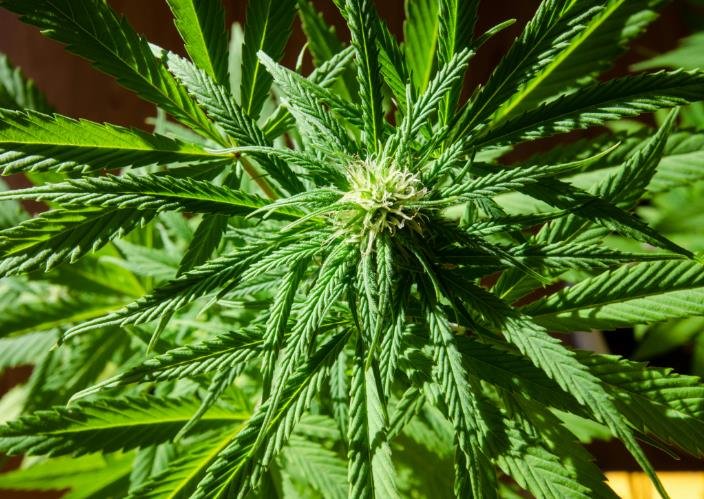The endocannabinoid system (ECS) is a complex cell-signaling system identified in the early 1990s by researchers exploring THC, a well-known cannabinoid. The ECS plays a crucial role in regulating a range of functions and processes, including sleep, mood, appetite, memory, and reproduction. Cannabis, through its active compounds like THC and CBD, interacts with the ECS to produce various effects. This article delves into the significance of the ECS and how cannabis celebrates and enhances its functions.
The ECS is composed of three core components: endocannabinoids, receptors, and enzymes. Endocannabinoids are molecules produced by the body that bind to cannabinoid receptors to signal that the ECS needs to take action. The two primary endocannabinoids are anandamide (AEA) and 2-arachidonoylglycerol (2-AG). These molecules help maintain homeostasis by regulating various physiological processes.

Cannabinoid receptors, primarily CB1 and CB2, are found throughout the body. CB1 receptors are predominantly located in the central nervous system, while CB2 receptors are more common in the peripheral nervous system and immune cells. When endocannabinoids bind to these receptors, they trigger a response that helps the body achieve balance. Enzymes, such as fatty acid amide hydrolase (FAAH) and monoacylglycerol lipase (MAGL), break down endocannabinoids once they have fulfilled their function.
Cannabis and the ECS
Cannabis contains cannabinoids like THC and CBD that interact with the ECS. THC binds to CB1 receptors, producing psychoactive effects and influencing pain, mood, and appetite. CBD, on the other hand, does not bind directly to CB1 or CB2 receptors but modulates the ECS by inhibiting the breakdown of endocannabinoids, enhancing their effects.
The interaction between cannabis and the ECS has therapeutic potential. For instance, THC’s ability to bind to CB1 receptors can help alleviate chronic pain and stimulate appetite in patients undergoing chemotherapy. CBD’s modulation of the ECS can reduce anxiety, inflammation, and seizures. The biphasic effects of cannabinoids, where different doses produce varying effects, highlight the importance of understanding and optimizing cannabis use for individual needs.
Celebrating the ECS with Cannabis
The celebration of the ECS through cannabis is not just about its therapeutic benefits but also its role in enhancing overall well-being. Microdosing, the practice of taking small amounts of cannabis, has gained popularity for its ability to provide the benefits of cannabinoids without significant psychoactive effects. Microdosing can help manage stress, improve focus, and enhance creativity.
Moreover, the growing acceptance and legalization of cannabis have led to increased research and understanding of the ECS. This has paved the way for the development of targeted therapies and personalized medicine. By celebrating the ECS, we acknowledge the intricate relationship between cannabis and our body’s natural systems, fostering a holistic approach to health and wellness.
Maria Garcia is an award-winning author who excels in creating engaging cannabis-centric articles that captivate audiences. Her versatile writing style allows her to cover a wide range of topics within the cannabis space, from advocacy and social justice to product reviews and lifestyle features. Maria’s dedication to promoting education and awareness about cannabis shines through in her thoughtfully curated content that resonates with both seasoned enthusiasts and newcomers alike.








